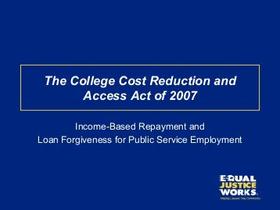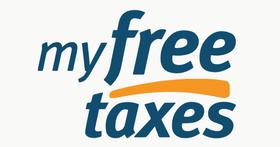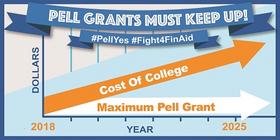Many students choose community college over a traditional four-year university because it is the more affordable option. With each passing year, however, college tuition costs are rising across the board. Attending community college may still be the more affordable option, but it is by no means cheap.
If you are thinking about attending community college, take the time to do some research to learn what kind of costs you can expect and how much financial aid you might qualify for. You should also familiarize yourself with some of the most common financial aid mistakes that community college students make so you can avoid making them yourself.
How Much Does Community College Cost?
When you think about the costs of attending community college you have to consider more than just tuition. Most community colleges charge for tuition on a per-credit-hour basis, though that is not always the case. The average cost for one year of tuition and fees to attend a public 2-year college is around $3,500 for in-state students. For a public 4-year college for in-state students, the average yearly cost is closer to $9,500. In addition to the cost of tuition and fees, you also have to think about things like school books, housing, and various living expenses like food and transportation. Many community college students are able to minimize these costs by continuing to live at home.
Financial Aid Options for Community College
To help you cover the cost of community college, there are a number











































































